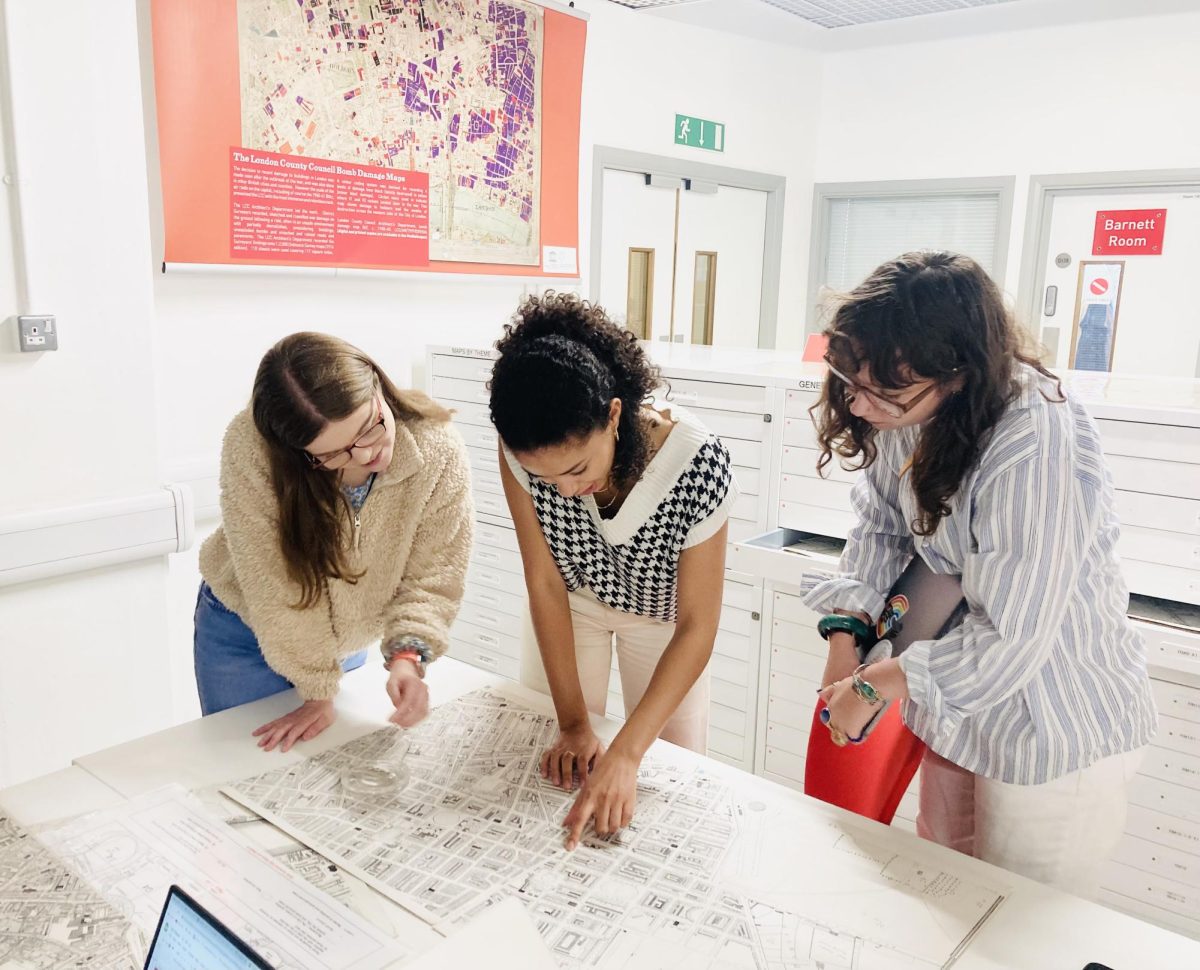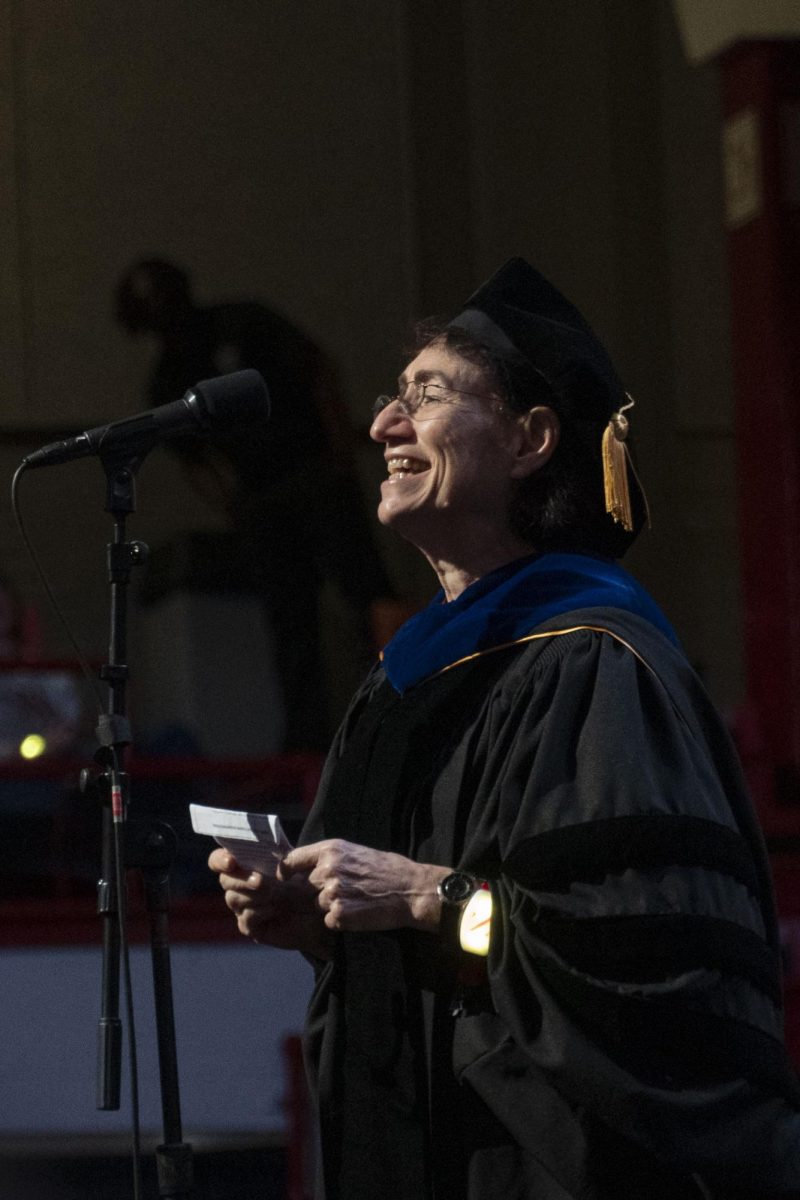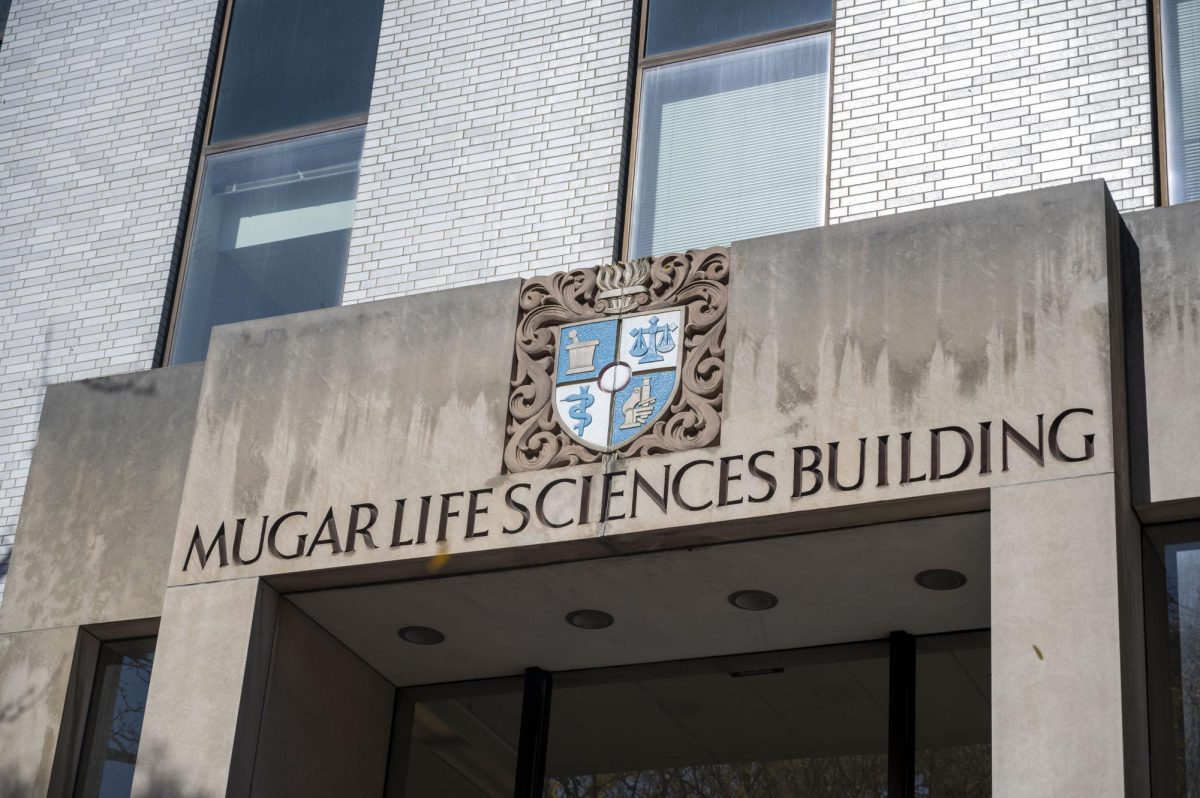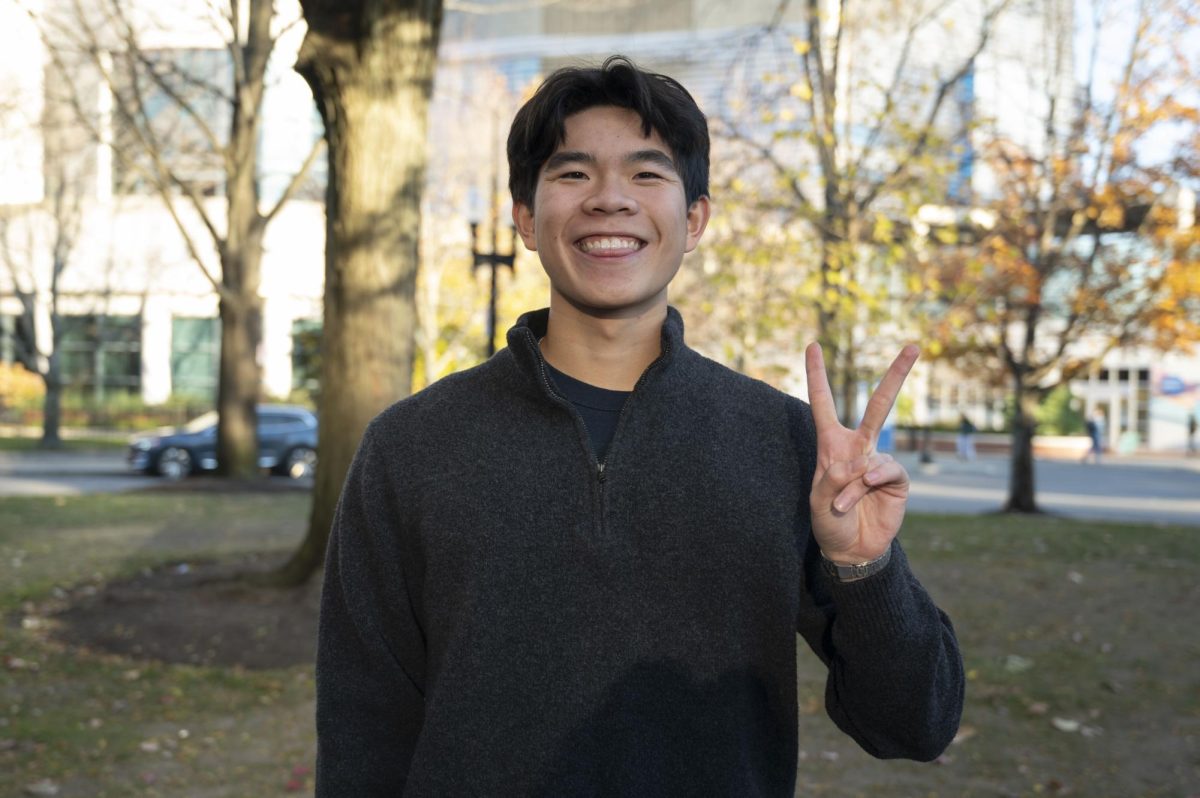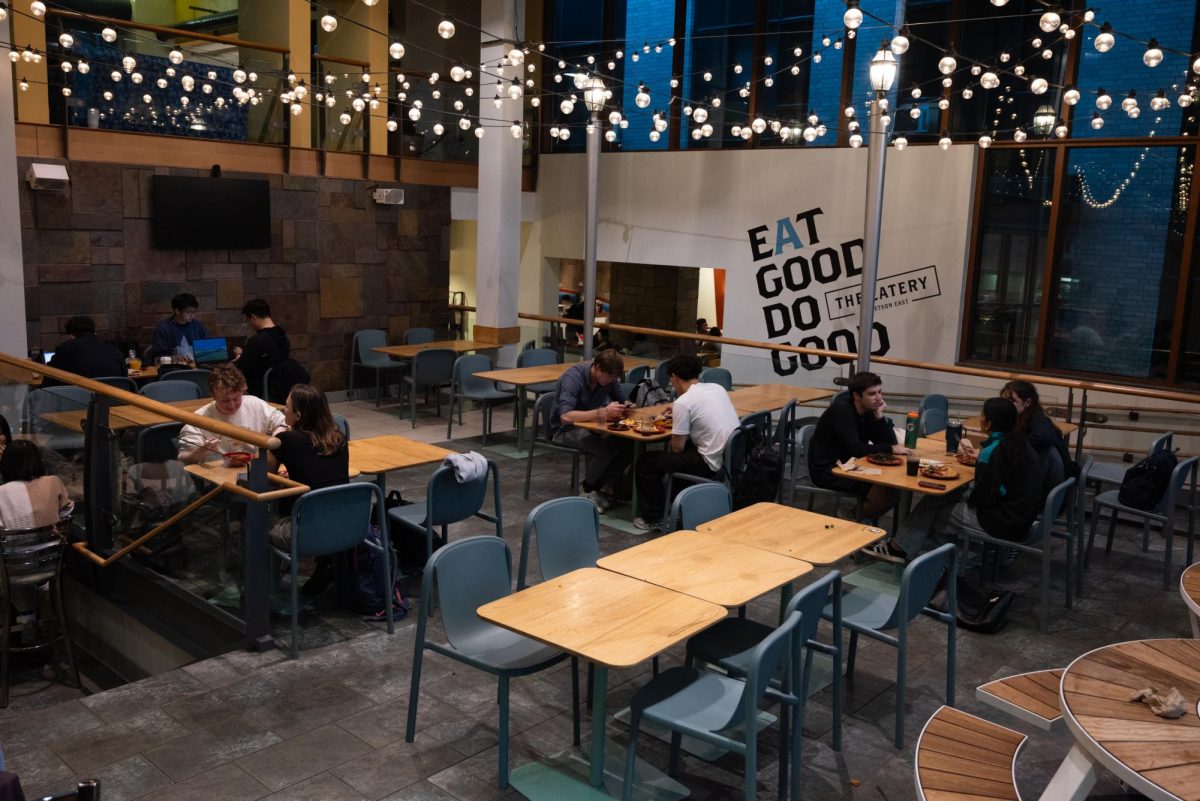While delighted with the interest in the important topic of students with hidden disabilities on the Northeastern campus, we’d like to clarify some issues that were raised in the article on Feb. 19 regarding a presentation sponsored jointly by Bouve College, The Center for Effective University Teaching and The Disability Resource Center.
The purpose of this series of presentations is to engage faculty in a discussion about strategies to assist students with disabilities in their classrooms. These presentations will give faculty a framework in which to structure courses to facilitate learning for everyone.
However, there are several misconceptions in the article we’d like to clarify. The title of the article (Students may unknowingly suffer from disabilities) gives two messages: first, that students with disabilities suffer and secondly, that the article was to inform students about disabilities they may have. Neither was the purpose of this presentation. We do not feel students “suffer,” rather students face challenges they may need to cope with.
Although the facts presented are accurate, the context in which they were presented is misleading. For example, the quote “having these disabilities is no different from having MS and needs to be medicated” was actually stated as students who have disabilities may need to seek interventions and treatment, not necessarily medication. While again the facts provided in the article did in fact state the generalities presented, they were stated as stereotypes that ALL students manifest, this is also not true.
We would like to concur with the emphasis of the article that there are many campus resources that students can access to cope with learning differences and reach their potential. It would be helpful in the future for reporters dealing with complex medical issues and terminology be encouraged to check the content for nuances and subtleties they may have missed before it goes to press.
– Nancy Sharby P.T. M.S. Associate Clinical Specialist – Donna Qualters, Ph.D.


